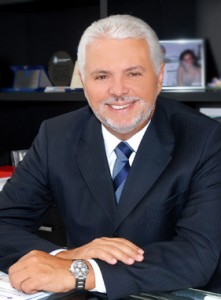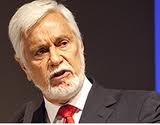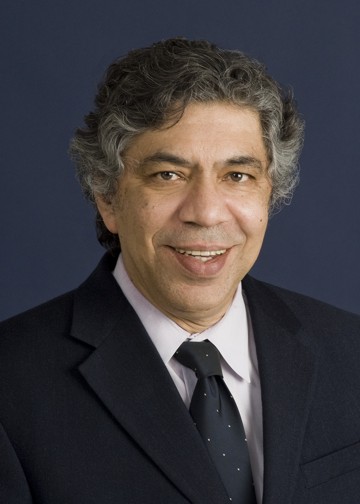
What are, in your opinion, the conditions for reaching the end of the fiscal war?
States must find an urgent solution to the fiscal war, which is taking on huge proportions. We need to give legal certainty to the process and allow the companies' business and investment environment to flow again. It is still necessary to find ways to resolve the past, validating benefits granted, more or less as proposed in Agreement 70/14, which is very well placed when proposing a solution to the fiscal war. The difficult thing is to reach an agreement on the conditions imposed by the States for the final materialization of the agreement. This has to be rethought.
Do you believe that there is a way to materialize the 70/14 Agreement without these conditions or in some other way?
The federal government has already signaled the possibility of creating a regional fund and a compensation fund. It is necessary to discuss with the government what the limits of these initiatives are. I see no difficulty in negotiating a fund like the one intended by the States. The tax reform forecasts that depend on Congress, PEC 233/08, Senate Resolution 72, are all in progress. There is more or less consensus and convergence in the way they are being conducted. Just speed up the process in Congress. The other differences are overcome by the States. The issue of debt has been debated for a long time. I do not believe that it is a condition for the approval of Agreement 70/14.
Regarding Confaz, you said that a good part of the reform could be carried out within the scope of the council. Please explain.
Confaz has the power to resolve most of the fiscal war. It is not so simple, but he can provide a solution to most of the issue with a simple agreement that has this objective. Another thing that Confaz can resolve is the ancillary obligations, that is, making them more rational, reducing them. The computerization of the state tax authorities is growing. This tends to decrease ancillary obligations and simplify the fiscal model. The approval of a constitutional amendment is much more complex. It depends on the consensus of two thirds of parliamentarians in the House and the Senate. In Confaz there are 27 states, 27 secretaries. Moving forward on the issue of the fiscal war, it is easier to understand all other points for simplifying the tax system, with regard to the ICMS.








 The researcher at the Brazilian Institute of Economics of the Getúlio Vargas Foundation (IBRE / FGV) Fernando de Holanda Barbosa Filho, responsible for the Underground Economy Index, talks about the study and its impacts on society. Barbosa Filho has a degree in economics from the Federal University of Rio de Janeiro, a master's degree from the Graduate School of Economics and a doctorate from New York University. Currently, he is also a professor at FGV.
The researcher at the Brazilian Institute of Economics of the Getúlio Vargas Foundation (IBRE / FGV) Fernando de Holanda Barbosa Filho, responsible for the Underground Economy Index, talks about the study and its impacts on society. Barbosa Filho has a degree in economics from the Federal University of Rio de Janeiro, a master's degree from the Graduate School of Economics and a doctorate from New York University. Currently, he is also a professor at FGV. 
